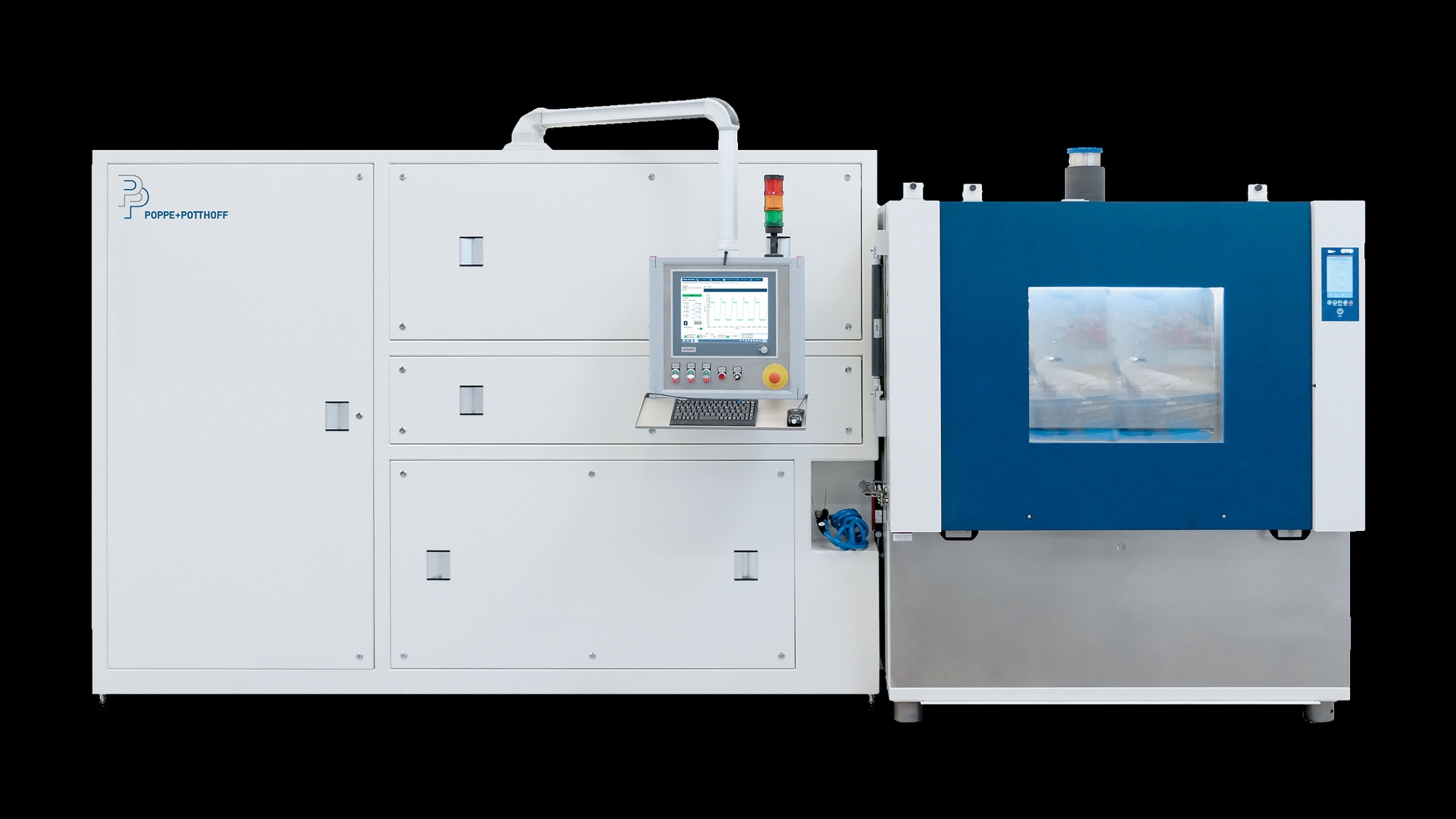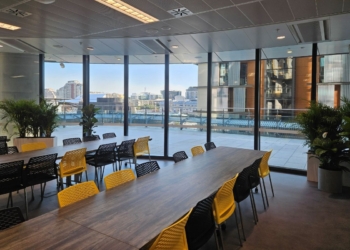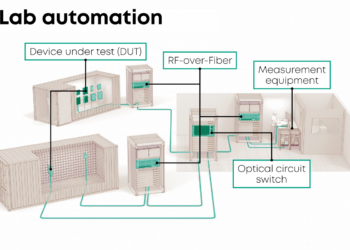Liquid-cooled server components put to the test
Author: Simon Rowley

Efficient cooling of server racks (colocation) is crucial for data centres in order to ensure the performance and longevity of the hardware. Liquid-cooled systems are becoming increasingly important in this respect, and as a result, German organisation Poppe + Potthoff Maschinenbau (PPM) is developing test benches to examine and optimise the quality of cooling components and systems.
According to current forecasts by the International Energy Agency (IEA), data centres will consume more than 800 terawatt hours of energy worldwide by 2026 – more than twice as much as in 2022. Liquid cooling systems help to improve power usage effectiveness (PUE). They are up to 40% more efficient than conventional air cooling and make a significant contribution to reducing energy consumption and costs.
DLC systems are considered to be particularly efficient. The coolant is in direct contact with heat-generating components in the server rack, which ensures very effective heat dissipation. This method enables high-density data centres, as DLC systems are very compact. As they can cope with higher temperatures than air cooling, fewer fans are required. This not only reduces power consumption and costs, but also noise pollution.
To prevent damage caused by leaks, all media-carrying components of the DLC system must meet the highest requirements in terms of strength and tightness – and also with changing pressures and temperatures. These include the coolant distribution units (CDU), connectors, valves, lines and the cooling plates, inside which the coolant circulates through microchannels. These are installed directly above the heat-producing components such as CPUs and GPUs.
To test the mechanical strength and tightness of DLC components and systems, Poppe + Potthoff Maschinenbau offers test benches for burst and leak tests up to 70 bar (1100 psi), as well as dynamic pressure pulsation tests of up to 20 bar (290 psi). Higher pressures and water hammer tests can also be realised. With sinusoidal and trapezoidal curves in frequencies of up to 2 Hz, all operating conditions can be comprehensively simulated over the service life.
Testing is carried out with water-glycol emulsions or other coolants such as PG25. The media and ambient temperatures in the temperature-controlled test chambers usually vary between -20°C and +90°C (-4°F to +194°F). The simulation of real operating conditions in PPM’s test benches makes it possible to minimise failure risks and costs and to ensure optimum performance of all components of the cooling system in interaction.








